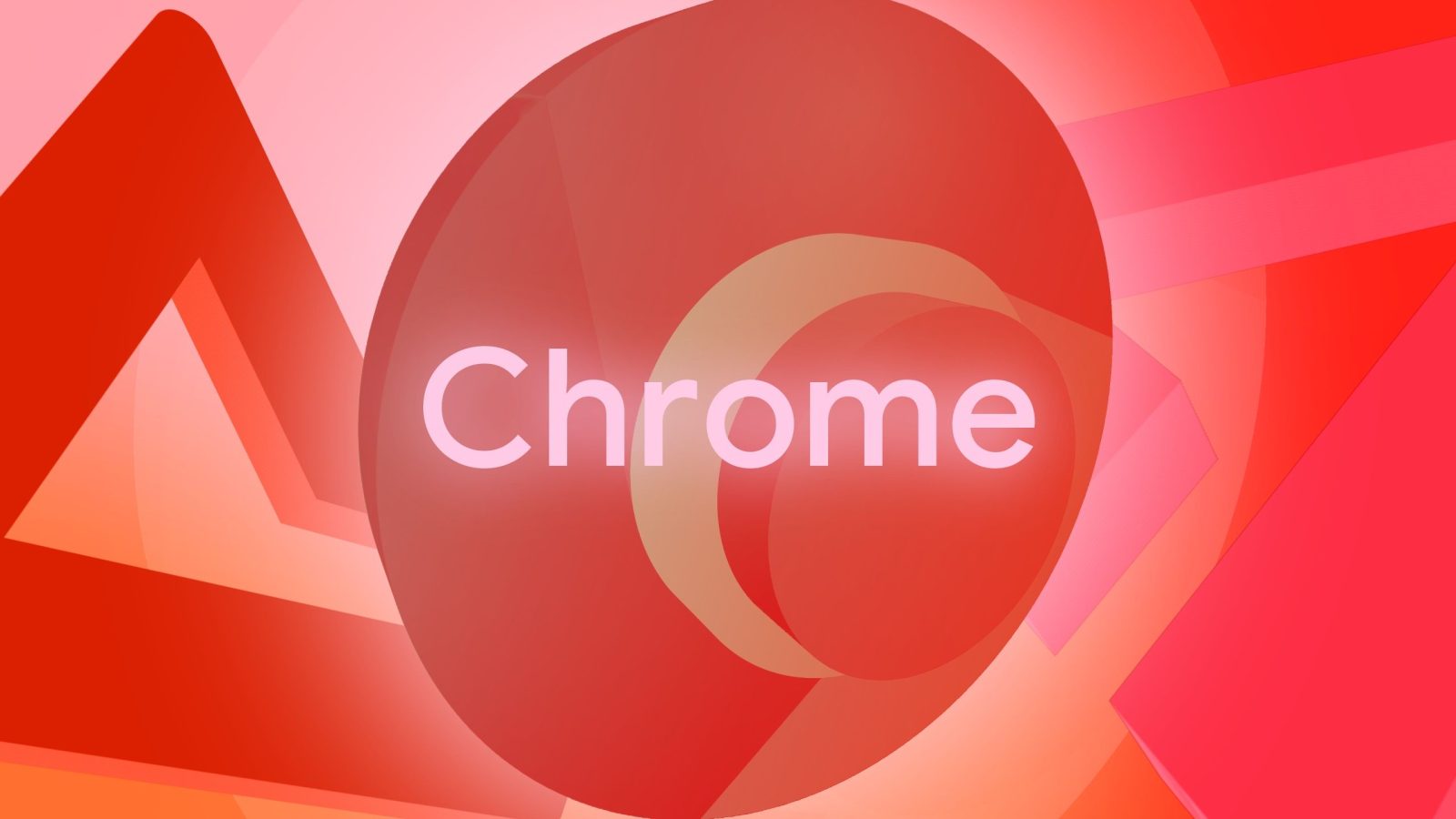
Contents
Summary
- Google has been found to be an illegal monopolist in the US for its practices in the search engine and online advertising markets, leading to potential remedies, including the DOJ proposing the divestiture of its Chrome browser.
- Google contends that significant competition already exists from well-funded rivals like ChatGPT and others, arguing that its agreements don’t hinder competition and that competitors believe they are capable of winning.
- Google strongly argues that the DOJ’s proposed remedies, particularly breaking off Chrome, would harm consumers by offering worse experiences and fewer choices, stifle innovation, and render Chrome and connected technologies insecure and obsolete if separated from Google’s infrastructure.
Google is in hot water in the US. After being deemed an illegal monopolist, primarily because of its anticompetitive practices in the search engine market, but also because of its illegal grip on online advertising tech, the Mountain View, California-based company could be forced to divest ownership of Google Chrome.
In its Proposed Final Judgement, the US Department of Justice (DOJ) said that Chrome’s divestiture “will permanently stop Google’s control of this critical search access point and allow rival search engines the ability to access the browser that for many users is a gateway to the internet.”
Subsequently, last month, the DOJ and Google went head-to-head in a three-week-long hearing where remedies were being considered. The hearing concluded today, with a second one, connected to its advertising tech business, set to begin later in September.
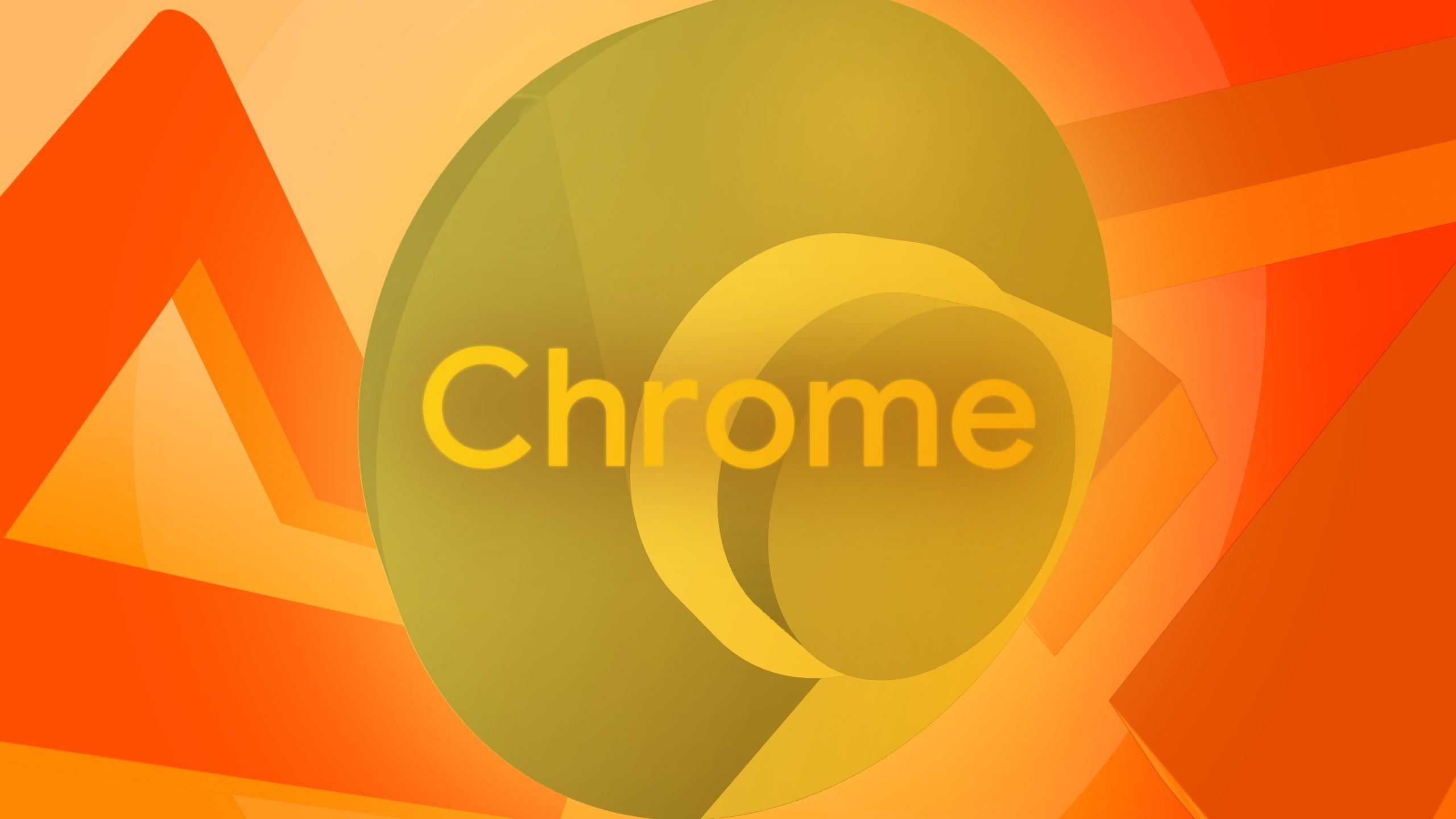
Related
With the hearing coming to a close, Google is now actively sharing what the potential divestiture, primarily of Chrome, could mean in the grand scheme of things.
Google argued that the “DOJs proposals ignore the immense competition across the industry,” and how other well-funded competitors like ChatGPT, Grok, DeepSeek, Perplexity and MetaAI are rapidly gaining users and marketshare. Evidence from the trial indicates that even a big search competitor like OpenAI believes that “it has what it needs to win,” essentially showing that OpenAI believes it is well-positioned to compete effectively against Google without the latter having to divest some of its holdings.

Related
Google pays Apple top dollar to be the default Safari search engine
Roughly 16.75% of Apple’s operating income in 2022 came from Google
Additionally, Google argued that it entering into “promotional agreements,” like paying Apple over $20 billion a year to keep Google as Safari’s default search engine, isn’t holding back competition. “Apple recently chose to feature ChatGPT in Apple Intelligence, while Motorola has already integrated Perplexity and Microsoft’s CoPilot into its new Razr devices,” wrote Google.
Another key concern highlighted by Google was that the DOJ’s proposals would leave consumers with an overall worse experience and fewer choices. The tech giant quoted the testimony of Eddy Cue, Apple’s SVP of Services, who said that Apple chooses to feature Google because it’s “the best search engine.” I don’t know about that, especially after Cue said that searches on Safari fell for the first time last month.
Chrome’s divestiture has wider implications
Elsewhere, the tech giant claimed that it spent over $49 billion on Search R&D last year alone, and the “de facto divestiture” would “confiscate the benefit” of those investments and innovations, reducing future incentives for investment. Most importantly, though, Google argued that divest Chrome would essentially break it, with other conected technologies breaking as a byproduct.
The tech giant highlighted Open Web Advocacy’s claim that the browser would likely become “insecure and obsolete” if it were severed from Google, with connected products like Safe Browsing, ChromeOS, the open-source Chromium project, and others being degraded in the process.
It isn’t entirely clear when U.S. District Judge Amit Mehta will make his decision on the potential remedies, other than the fact that it will happen sometime before Labor Day (September 1).
What’s your reaction?
Love0
Sad0
Happy0
Sleepy0
Angry0
Dead0
Wink0

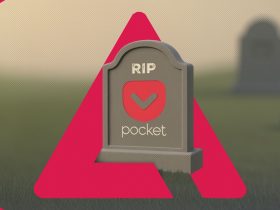
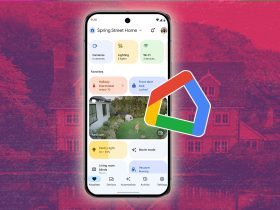
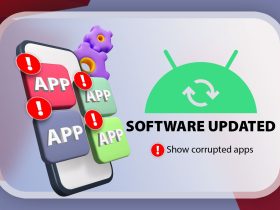


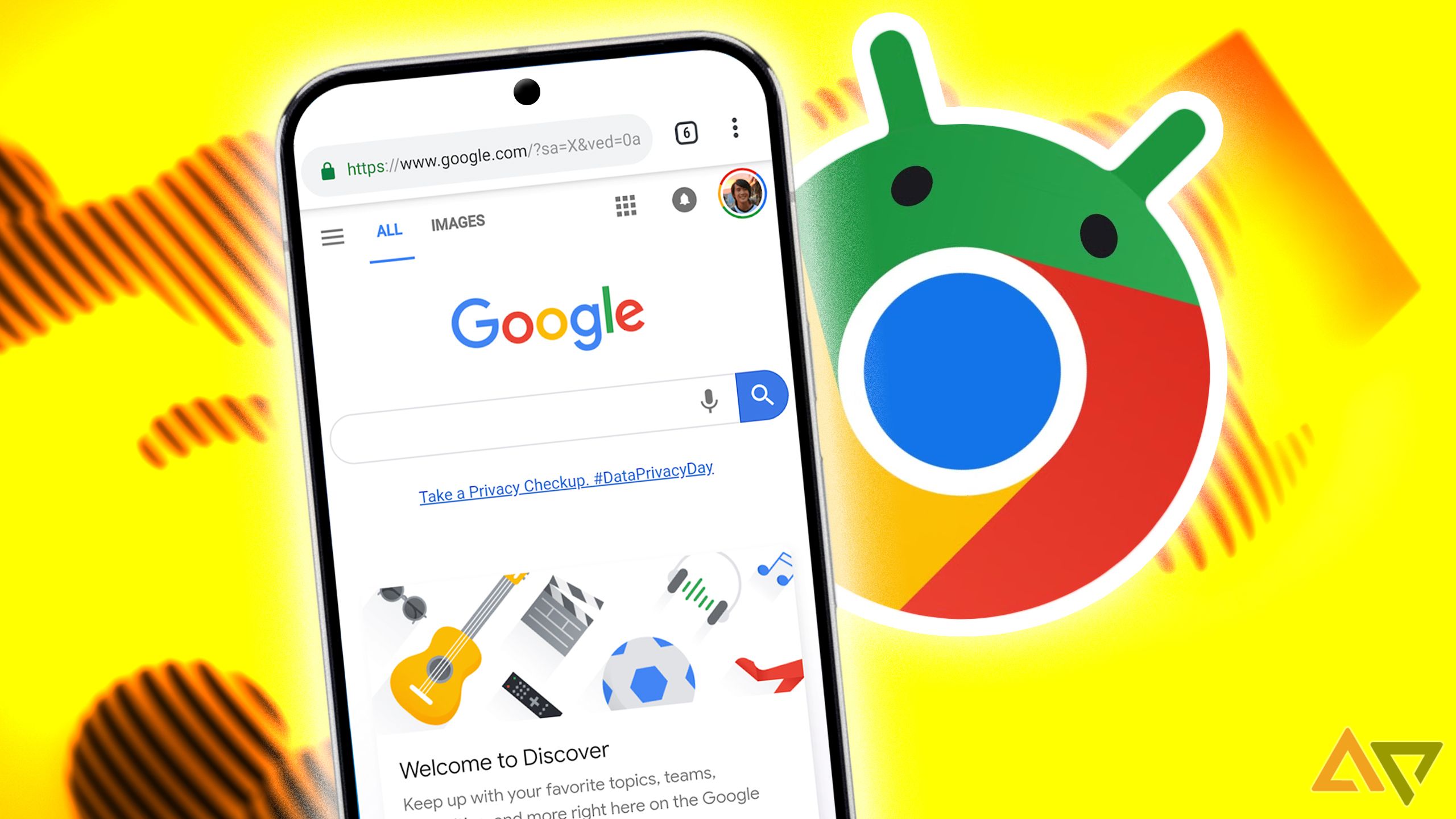
![so-long-and-farewell-from-the-android-police-podcast-[video]](https://betadroid.in/wp-content/uploads/2025/05/23445-so-long-and-farewell-from-the-android-police-podcast-video-370x250.jpg)

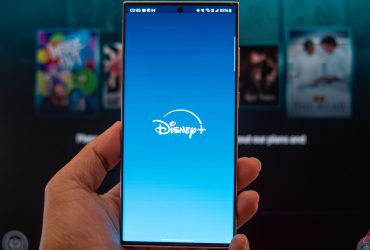

Leave a Reply
View Comments